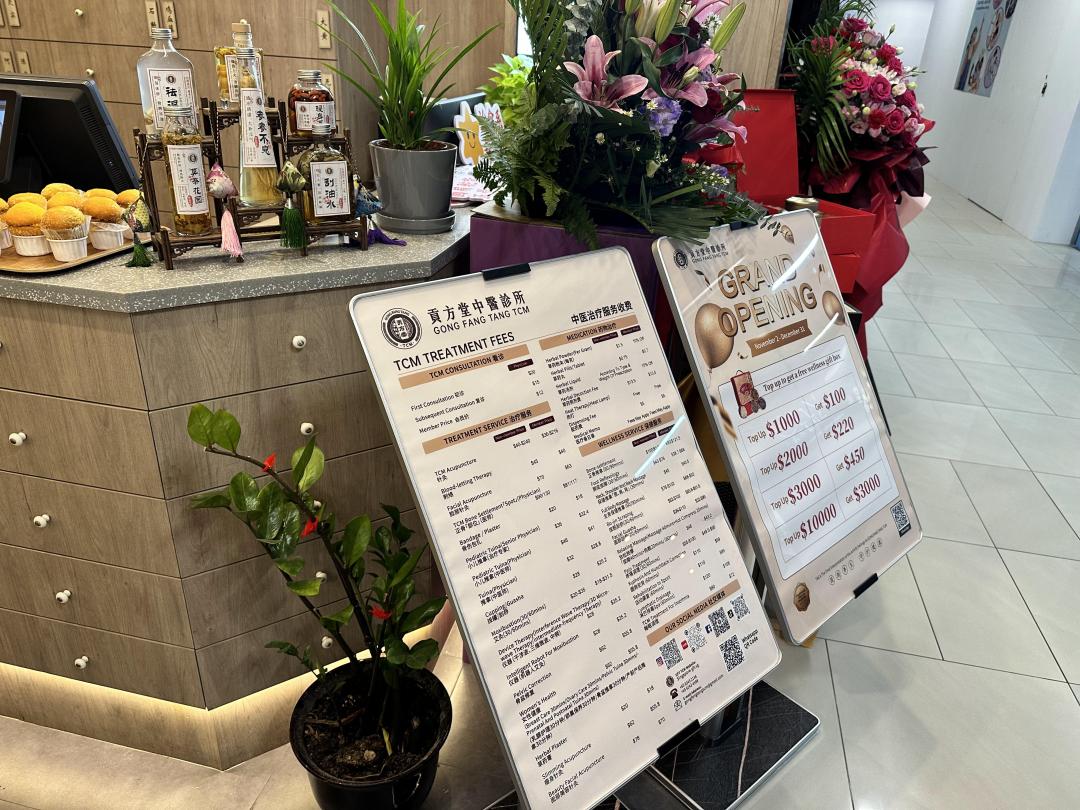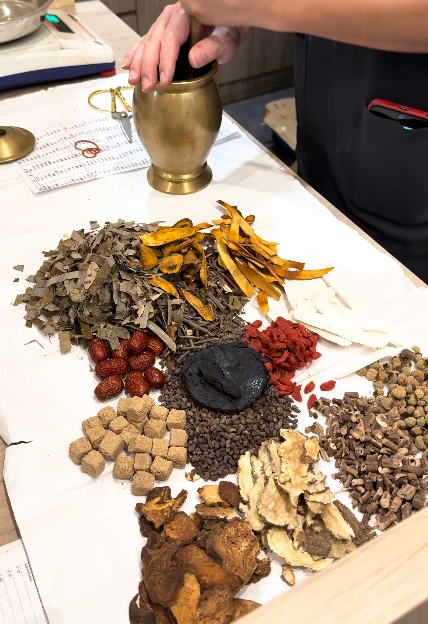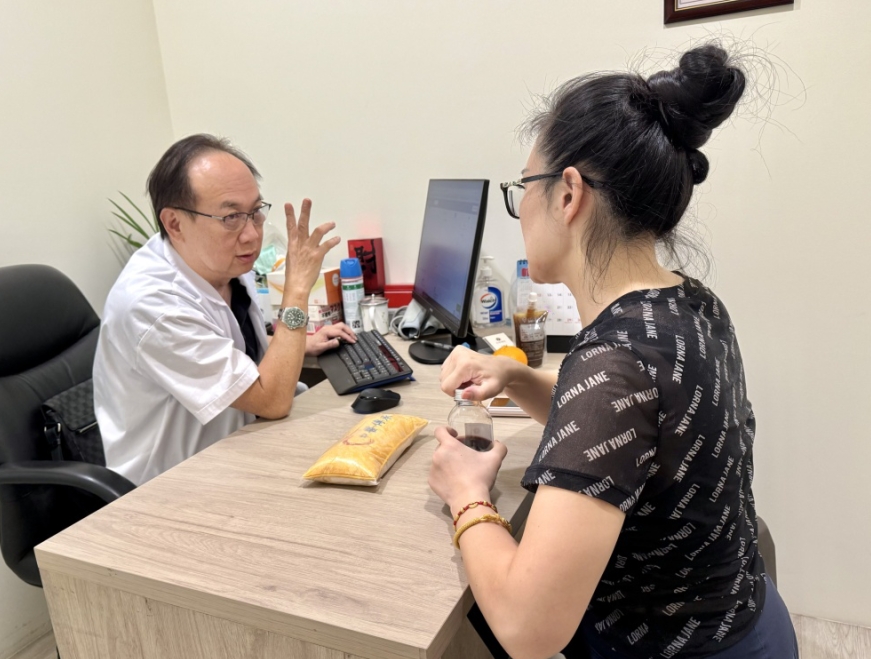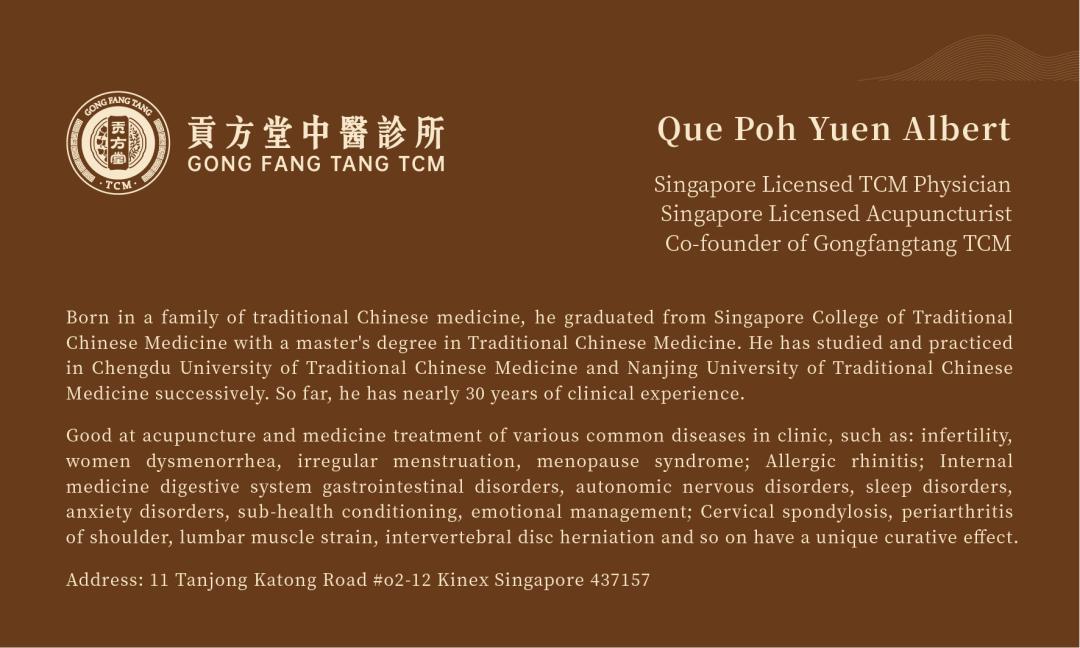Prolonged Menstrual Bleeding (Metrorrhagia) is a health issue affecting many women. Extended menstrual periods lasting over ten days or more cause both physical exhaustion and psychological distress. How does Traditional Chinese Medicine (TCM) treat this condition? Are there effective hemostatic formulas?

What Causes Prolonged Menstrual Bleeding?
Qi Deficiency Failing to Contain Blood
Chronic fatigue or improper diet weakens the spleen and qi, akin to a "crumbling dam," leading to pale-red menstrual blood lasting over ten days, accompanied by fatigue and pale complexion.
Blood Heat Forcing Blood to Overflow
Night owls, spicy diets, or emotional stagnation generating internal heat act like a "furnace," causing early blood discharge. Symptoms include bright-red, thick menstrual blood with dry mouth, constipation, and dark urine.
Blood Stasis Obstructing the Uterus
Uterine cold or trauma causes blood stasis, resembling "blocked waterways," resulting in dark-purple clotted blood, lower abdominal stabbing pain, and tortuous sublingual veins.
Kidney Qi Deficiency
Congenital weakness or excessive sexual activity damages kidney qi, manifesting as sore lower back, dizziness, tinnitus, and prolonged scanty dark menstruation, often seen in post-abortion or perimenopausal women.

TCM Treatment for Prolonged Menstrual Bleeding
Singapore’s Gong Fang Tang TCM gynecology expert Dr.Que Poh Yuen Albert often uses Wen Jing Tang (Channel-Warming Decoction) clinically with notable efficacy. Originating from Zhang Zhongjing’s Golden Chamber, this formula warms meridians, dispels cold, nourishes blood, and resolves stasis.
Wen Jing Tang Composition:
Evodia fruit, Ophiopogon root, Chinese angelica root, peony root, Szechuan lovage root, ginseng, cassia twig, donkey-hide gelatin, tree peony bark, ginger, licorice root, and pinellia tuber.
Evodia fruit and cassia twig warm meridians and dispel cold.
Angelica, Szechuan lovage, and peony activate blood circulation and regulate menstruation.
Gelatin and Ophiopogon nourish yin and stop bleeding.
Ginseng, licorice, ginger, and pinellia strengthen the spleen and stomach.
Dr. Que emphasizes personalized adjustments based on symptoms, tongue, and pulse. For severe qi deficiency, add astragalus and atractylodes; for blood heat, add rehmannia and moutan bark; for pronounced stasis, add motherwort and peach kernel.

Case Study
Patient: Ms. Liu, 33
Complaint: 12-15-day menstrual cycles for six months, pale-red blood with clots, cold lower abdomen.
Diagnosis: Pale tongue, white coating, deep-thready pulse.
Pattern: Deficiency-cold in Chong and Ren vessels with blood stasis.
Prescription: Wen Jing Tang plus argyi leaf (10g) and blast-fried ginger (6g). Combined with moxibustion at Shenque (CV8) and Guanyuan (CV4). Avoided raw/cold foods; nightly foot baths.
Outcome: After one cycle, menstruation shortened to 7 days, clots vanished, cold symptoms improved. Ultrasound showed reduced polycystic changes.
